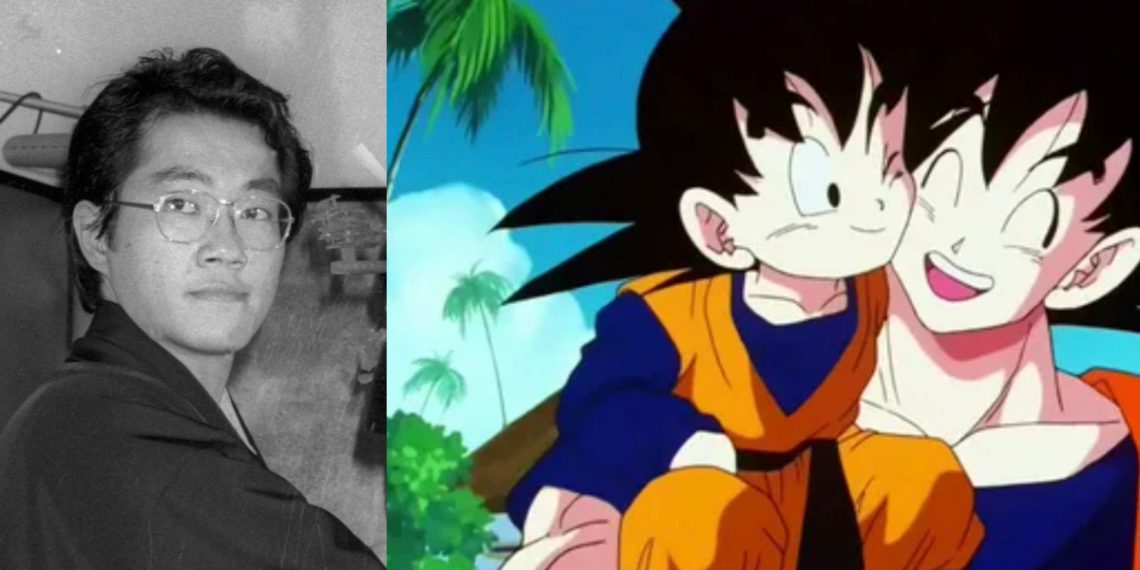The impact of Akira Toriyama’s Dragon Ball transcends mere commercial success, reaching into the hearts and minds of people around the globe in a profound and immeasurable way.
While it stands as one of the highest-selling intellectual properties worldwide, the true significance of Dragon Ball lies in the profound influence it has had on individuals, a legacy that cannot be quantified by monetary value or statistical data alone.
At its core, Dragon Ball imparts timeless wisdom through its amazing stories, resonating with audiences of all ages and backgrounds.
The adventures of Goku and his companions serve as a conduit for essential life lessons, offering guidance on morality, friendship, and personal growth that resonates universally.
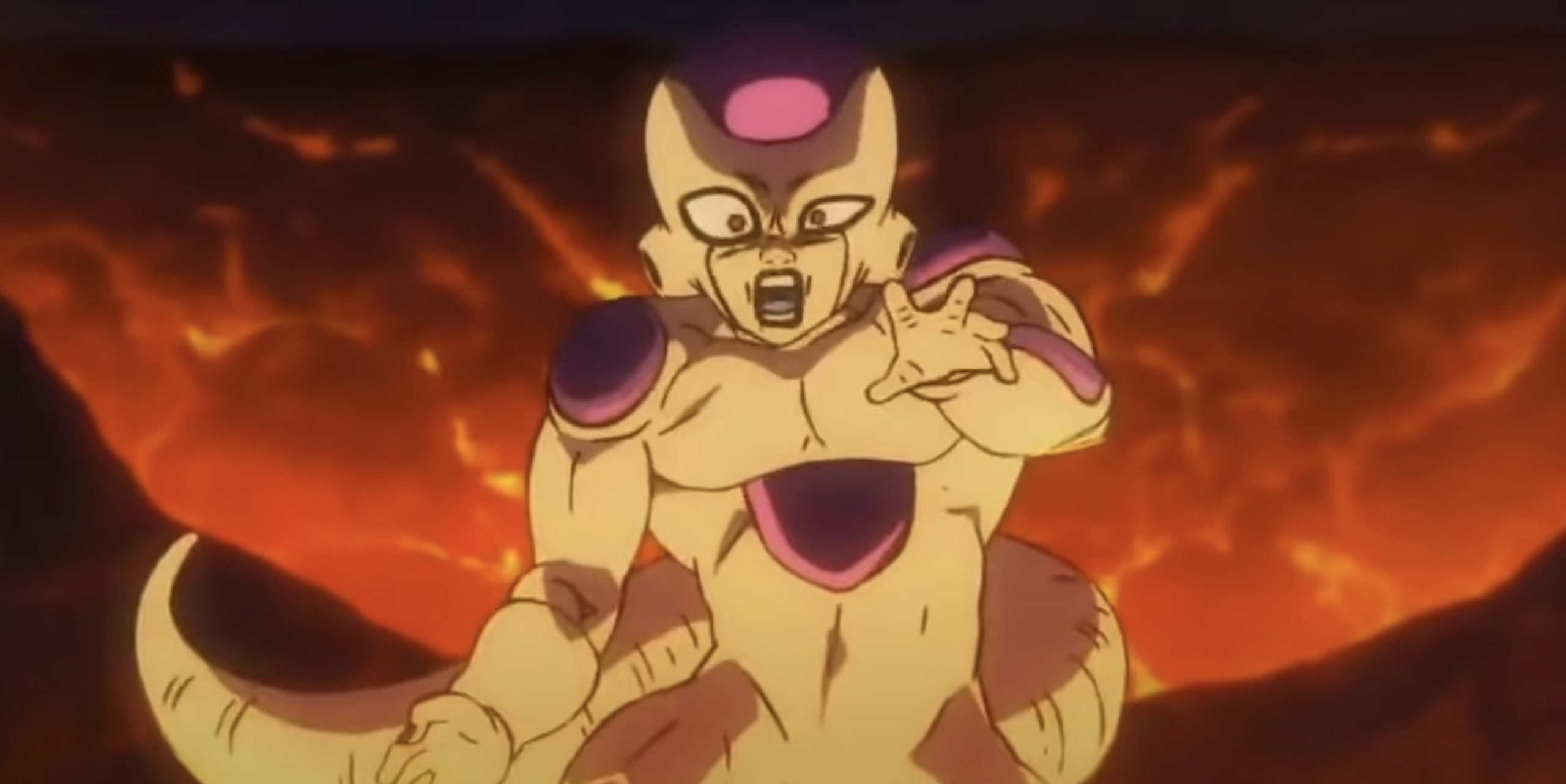
In a world where media can wield immense power, Dragon Ball’s narrative serves as a force for good, instilling invaluable lessons on compassion, resilience, and the importance of striving for a better world.
Regardless of Goku’s imperfections, his journey exemplifies the qualities of a true hero—one who learns from his mistakes, embraces his flaws, and endeavors to leave a positive impact on the world around him.
The world is undeniably enriched by the presence of Goku and the lessons imparted by Akira Toriyama through Dragon Ball.
Countless individuals have been shaped by the moral compass instilled by the series, evolving into better versions of themselves through its profound teachings.
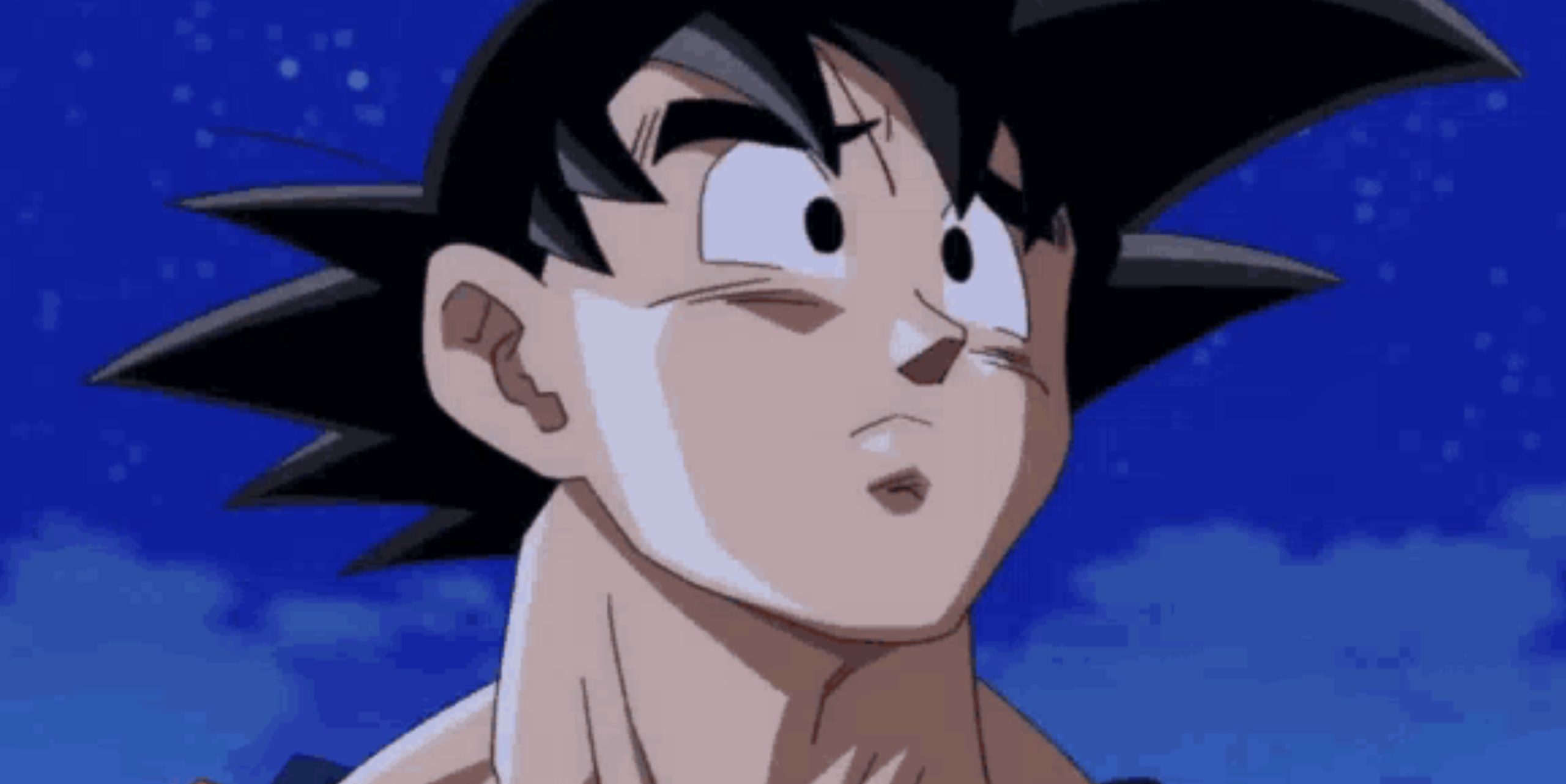
Toriyama’s creation has become more than just a story—it is a cultural touchstone, a source of inspiration, and a guiding light for generations to come.
Family Is More Than Blood Relation & 9 More Life Lessons Akira Toriyama’s Dragon Ball Taught Us
Here are the top 10 life lessons Akira Toriyama’s Dragon Ball taught us throughout the series.
1. True bonds surpass blood, forged through sacrifice and camaraderie.
In Dragon Ball, the bond between characters often transcends bloodlines, as exemplified by the profound connection shared between Piccolo and Gohan.
Throughout the series, Piccolo’s selfless acts of sacrifice for Gohan stand as poignant reminders of the depth of their bond. From facing the formidable Nappa during the Saiyan Saga of Dragon Ball Z to confronting the menacing Frieza in Dragon Ball Super, Piccolo has demonstrated unwavering devotion to protecting Gohan, even at the cost of his own life.
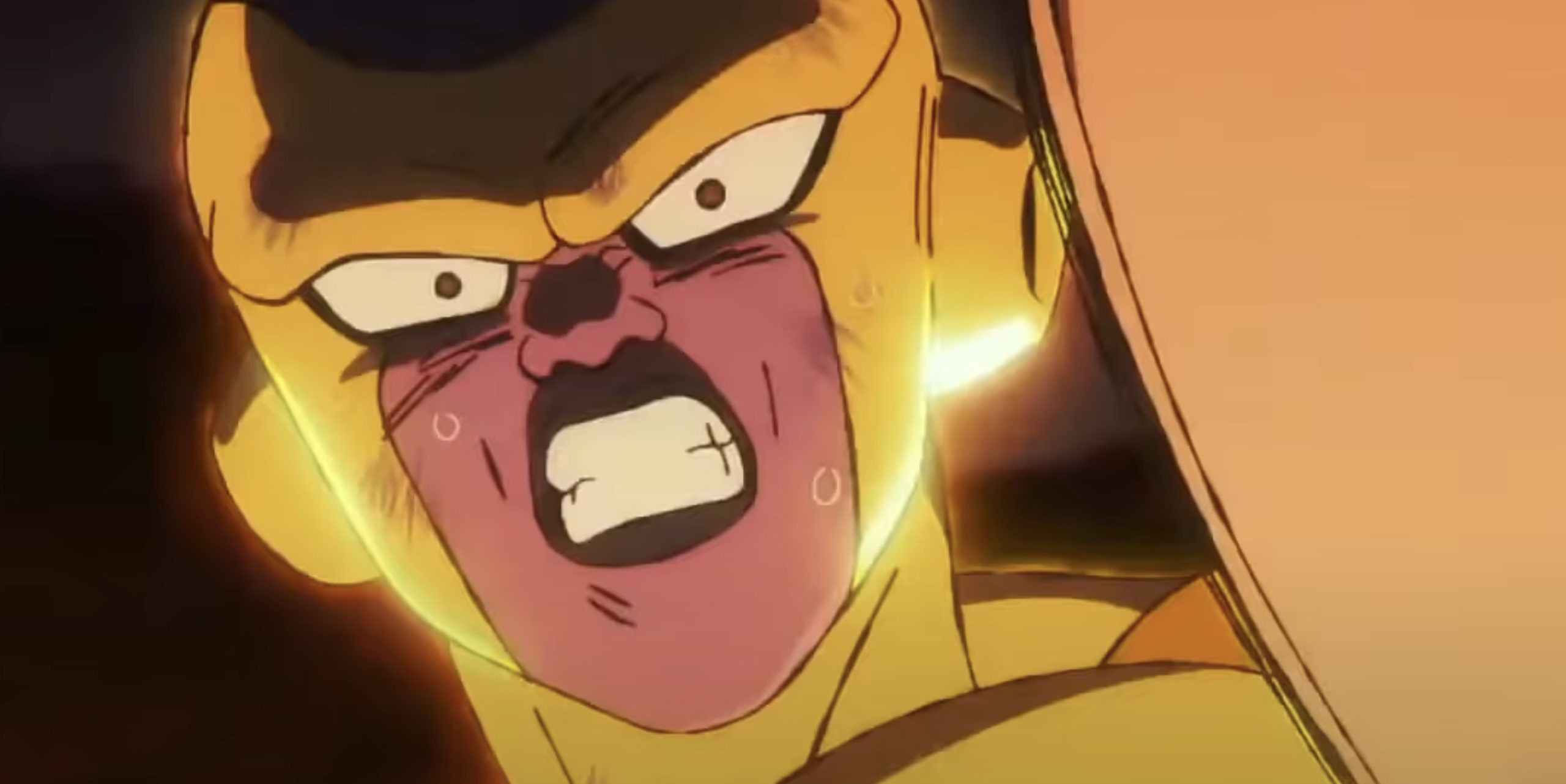
In Dragon Ball, the concept of family extends beyond genetic ties, emphasizing the significance of relationships forged through shared experiences and mutual respect. The bond between Piccolo and Gohan serves as a testament to this, showcasing one of the most enduring and impactful connections in the series.
Similarly, the camaraderie between Goten and Trunks mirrors this theme of found family, illustrating how close friendships can be just as profound as familial relationships.
Regardless of not being related by blood, Goten and Trunks share a bond that rivals that of siblings, united by their shared adventures and mutual desire for growth and strength.
Dragon Ball celebrates these powerful connections, highlighting the friendships that form among warriors who fight side by side for the greater good.
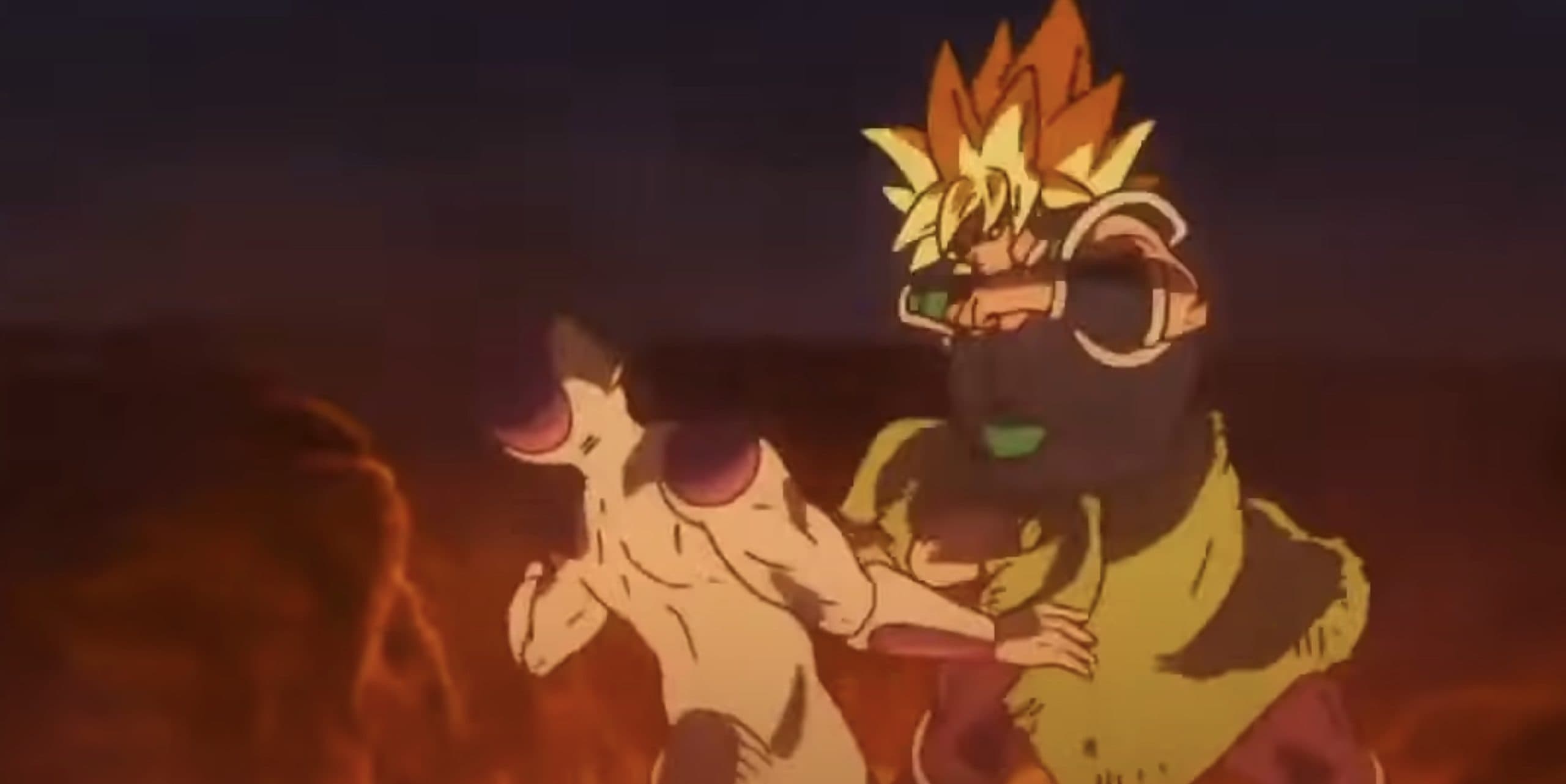
Whether it’s the enduring partnership between Tien and Chiaotzu or the lifelong friendship between Krillin and Goku, the series emphasizes the importance of camaraderie and solidarity in the face of adversity.
Dragon Ball reminds us that true bonds are forged through shared hardships, perseverance, and mutual respect. While blood may be significant, the bonds formed through sweat, tears, and sacrifice are what truly define the strength of relationships in the Dragon Ball universe.
2. Our past choices shape our present and future.
One of the enduring themes of Dragon Ball is the idea that our past choices have a way of catching up with us, shaping our present and future in unexpected ways.
This theme is prominently displayed across various arcs of the series, particularly in the tumultuous history of the Saiyans. Two standout sagas, the Frieza and Cell Sagas, exemplify this concept vividly.
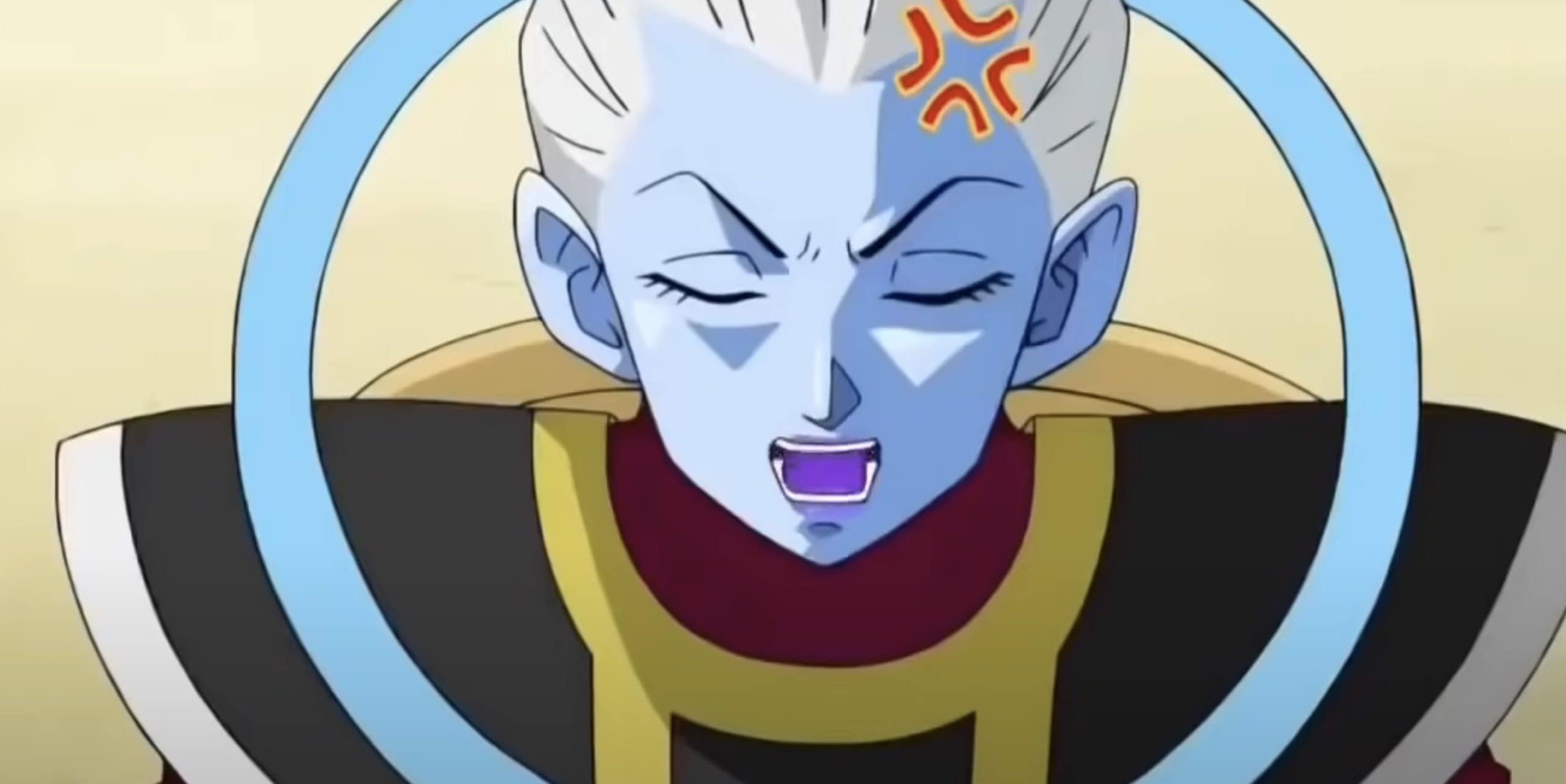
In the Frieza Saga, the defeat of the tyrannical Frieza by Goku represents a poignant full-circle moment. Frieza, who had ruthlessly subjugated and mistreated the Saiyans for countless years, faced the consequences of his actions.
His past atrocities returned to haunt him, serving as a stark reminder that one’s deeds inevitably catch up with them.
However, Dragon Ball doesn’t limit this theme to antagonists alone. The creation of Cell and the Androids, designed with the sole purpose of seeking revenge on Goku, underscores the notion that even heroes are not immune to the repercussions of their past actions. Goku’s destruction of the Red Ribbon army in his youth inadvertently led to the creation of these formidable adversaries, highlighting the complex interplay between cause and effect.
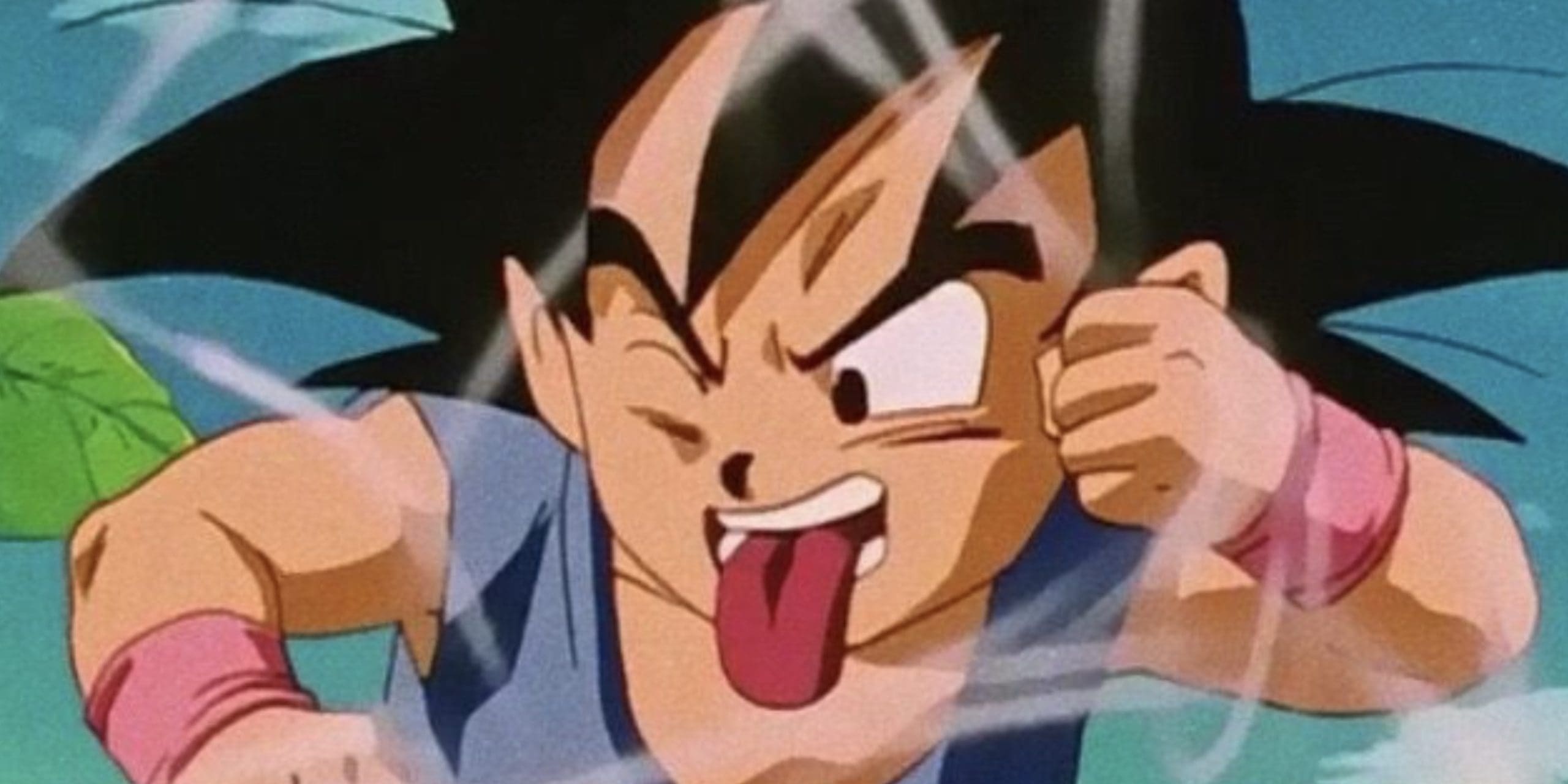
This theme continues to resonate throughout Dragon Ball Super’s latest arcs, as seen in the story of Granolah. His quest for vengeance against the Saiyans for their role in the destruction of his people serves as a stark reminder that history, once set in motion, cannot be easily erased or escaped.
Yet, amidst the cycle of retribution and consequence, Dragon Ball also offers a message of hope and redemption. It encourages characters to confront their past, learn from their mistakes, and strive to grow and evolve as individuals.
In this way, Dragon Ball imparts a valuable lesson: while our history may define us, it is our choices in the present that determine our path forward.
3. Redemption is attainable through growth and forgiveness.
The Dragon Ball franchise boasts some of the most remarkable redemption arcs in anime history, with characters transforming from villains to heroes through profound personal growth. Among these notable figures are Yamcha, Tien, Piccolo, and Vegeta, each with a unique journey of redemption.
Before their heroic turnarounds, these characters had dubious pasts:
Yamcha, once a desert bandit and thief, found himself on the wrong side of the law before embracing a path of righteousness.
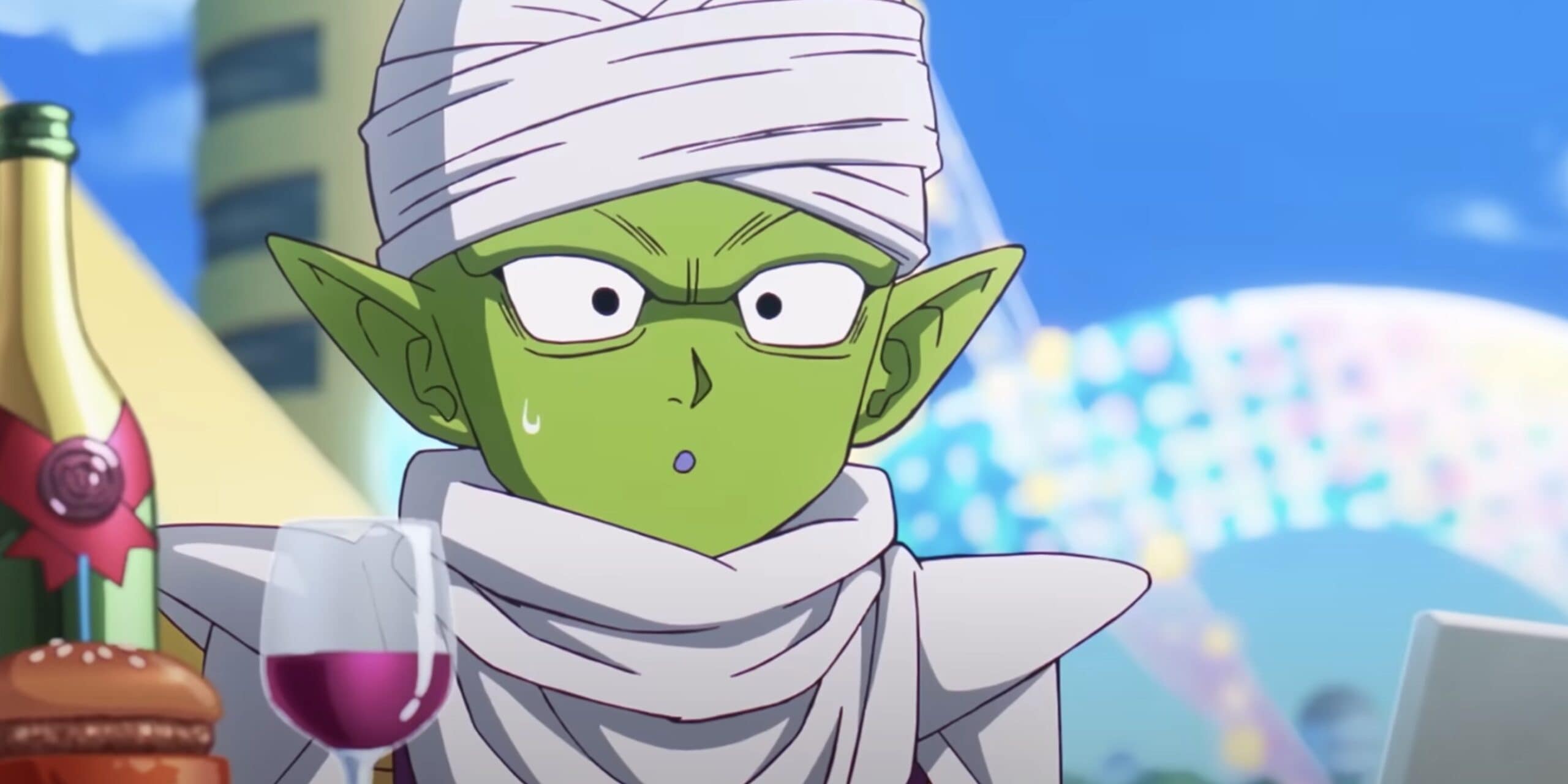
Tien, having learned martial arts from the world’s deadliest mercenary assassin, initially used his skills for nefarious purposes.
Piccolo, originally the offspring of the Demon King, harbored a legacy steeped in darkness before embarking on a quest for redemption.
Vegeta, known for his ruthless acts under Frieza’s command, was once a conqueror who destroyed civilizations to facilitate Frieza’s nefarious schemes.
While group Kamehamehas are rare occurrences in the Dragon Ball universe, their appearance signifies a monumental shift in the tide of battle. These moments underscore the power of unity and cooperation among the Z Fighters, serving as symbols of their collective strength and resolve.
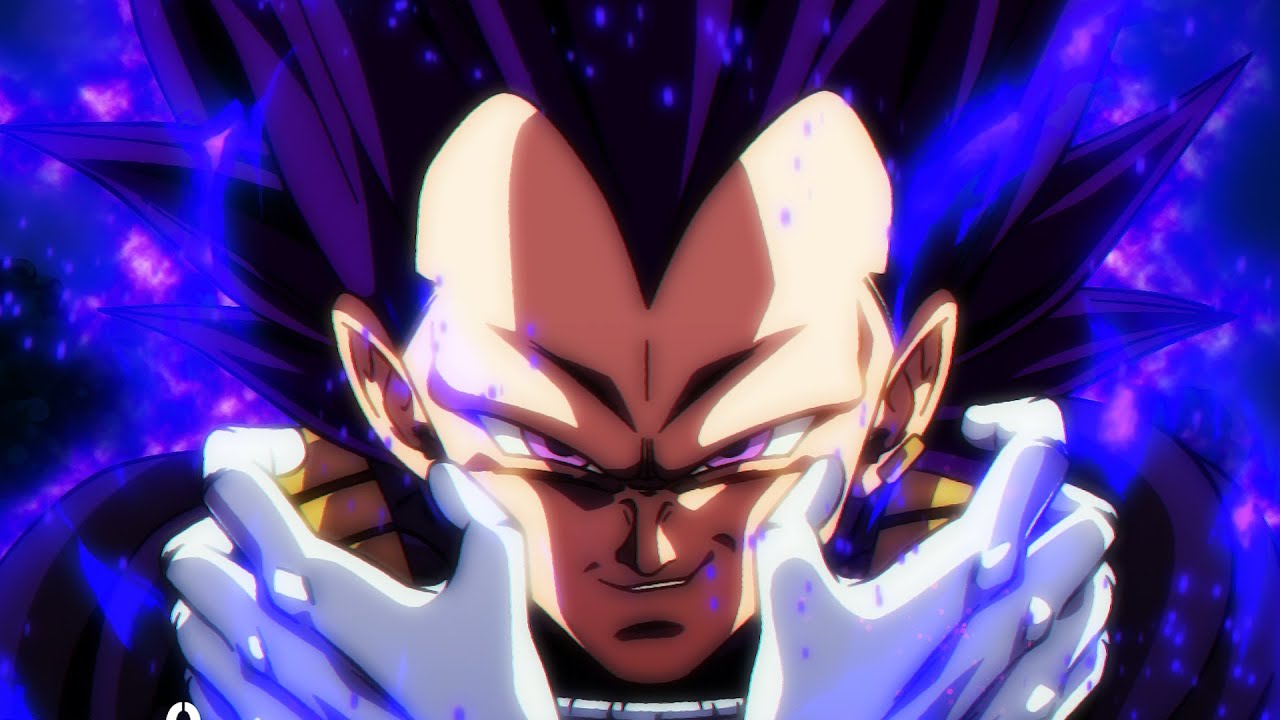
Vegeta and Piccolo stand as prime examples of redemption, their journeys from villainy to heroism inspiring awe and admiration. However, even characters like Yamcha and Tien, initially introduced as adversaries, have undergone profound transformations, earning their place among the noble defenders of Earth.
Central to these redemption narratives is Goku’s unwavering belief in the potential for goodness within every individual. His optimism and willingness to offer second chances serve as guiding principles for his companions, illustrating the transformative power of forgiveness and compassion.
While not everyone may be willing to change, Goku and his allies demonstrate that with perseverance and support, anyone can overcome their past and emerge as a better version of themselves.
In Dragon Ball, redemption is not only possible but a testament to the resilience of the human spirit and the capacity for growth and change.
4. Success stems from relentless effort and dedication to training.
Goku’s unwavering dedication to training has been a cornerstone of his character since his early days in Dragon Ball. His relentless pursuit of strength, fueled by sheer determination and an indomitable spirit, serves as a testament to the power of hard work and perseverance.
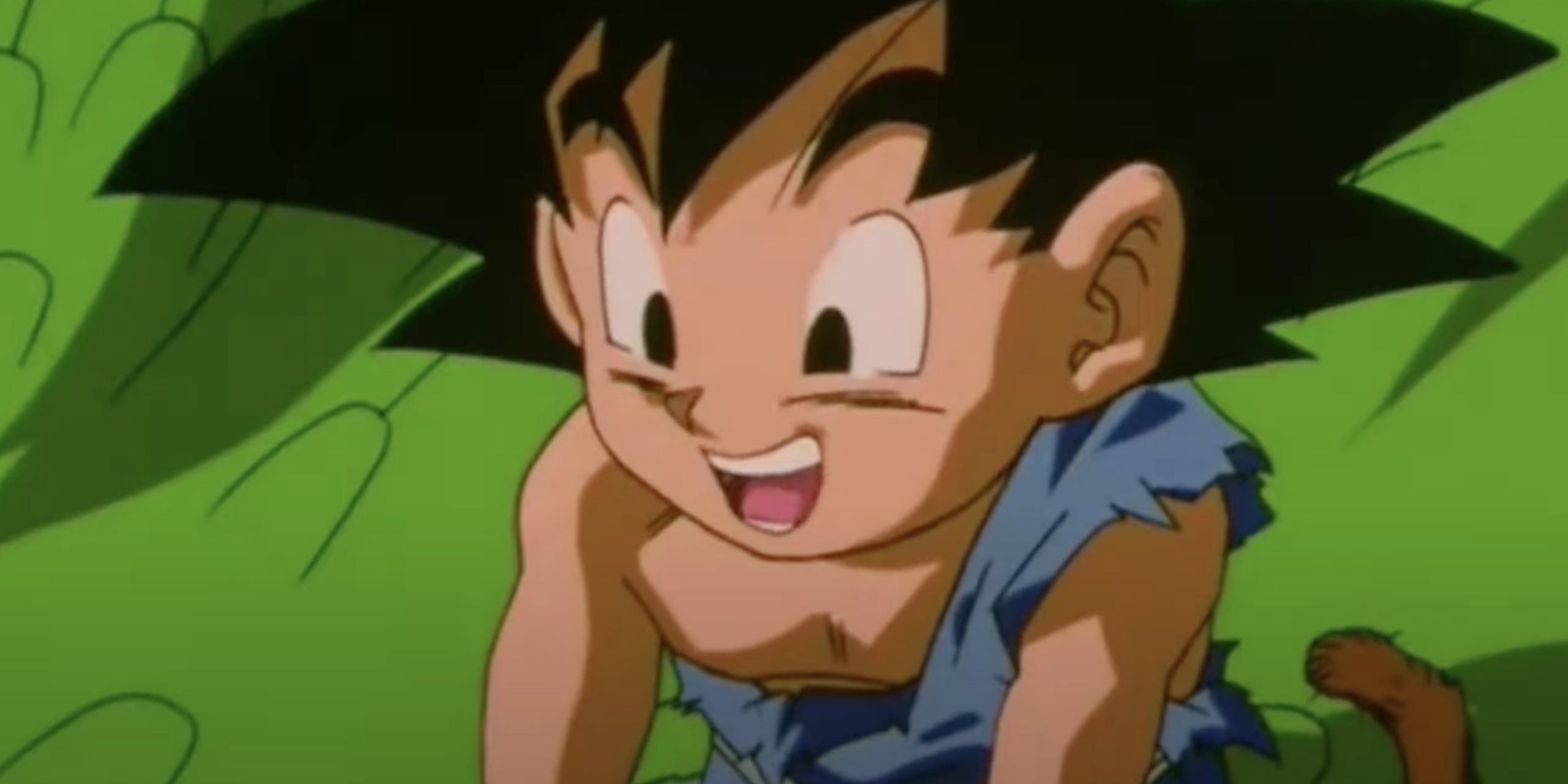
Throughout the series, Goku repeatedly faces adversaries who initially surpass him in strength. Yet, rather than succumb to defeat, Goku channels his determination into intensive training, striving to surpass his limits and emerge victorious in the next encounter.
Goku’s commitment to growth and self-improvement sets him apart as one of anime’s most diligent and hardworking characters. His journey is a testament to the idea that even a low-class warrior can surpass an elite through sheer dedication and effort.
However, Goku is not alone in his dedication to training within the Dragon Ball universe. His rival, Vegeta, possesses a work ethic that rivals Goku’s own, driving him to constantly push his limits in pursuit of greater strength and power.
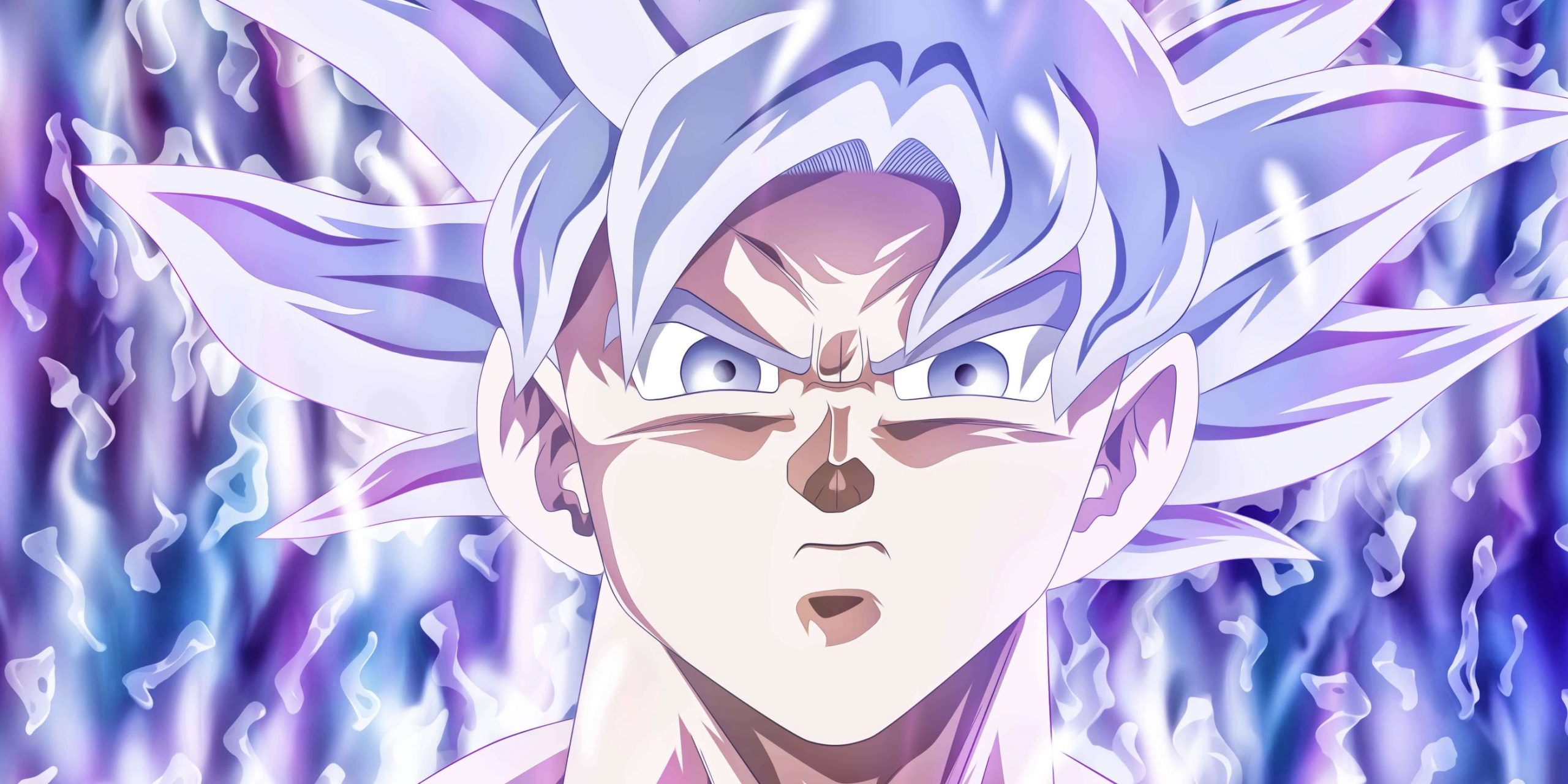
Even characters traditionally viewed as villains, such as Frieza, are not immune to the transformative power of hard work. Faced with the necessity of growth, Frieza embarks on an arduous training regimen, culminating in his formidable Black Frieza transformation.
In a striking display of commitment, Frieza undergoes the equivalent of ten years of training within the hyperbolic time chamber, highlighting the depth of his determination and the extent to which hard work can lead to significant evolution and growth.
The example set by Goku, Vegeta, and even Frieza underscores the universal truth that success is often born from relentless effort and dedication.
In Dragon Ball, the path to greatness is paved not by innate talent alone, but by the unwavering commitment to push beyond one’s limits through continuous hard work and perseverance.
5. True power lies in love and loyalty to family.
In the vast and formidable universe of Dragon Ball, where strength and power reign supreme, the heroes are not exempt from moments of vulnerability and tenderness, particularly when it comes to their families. While renowned for their indomitable strength and unwavering resolve, characters like Vegeta and Piccolo exhibit a surprising softness when it comes to their loved ones.
Vegeta, with his stoic demeanor and fierce warrior spirit, may epitomize the archetype of the tough guy. Yet, beneath his hardened exterior lies a profound devotion to his family, especially his beloved wife, Bulma.
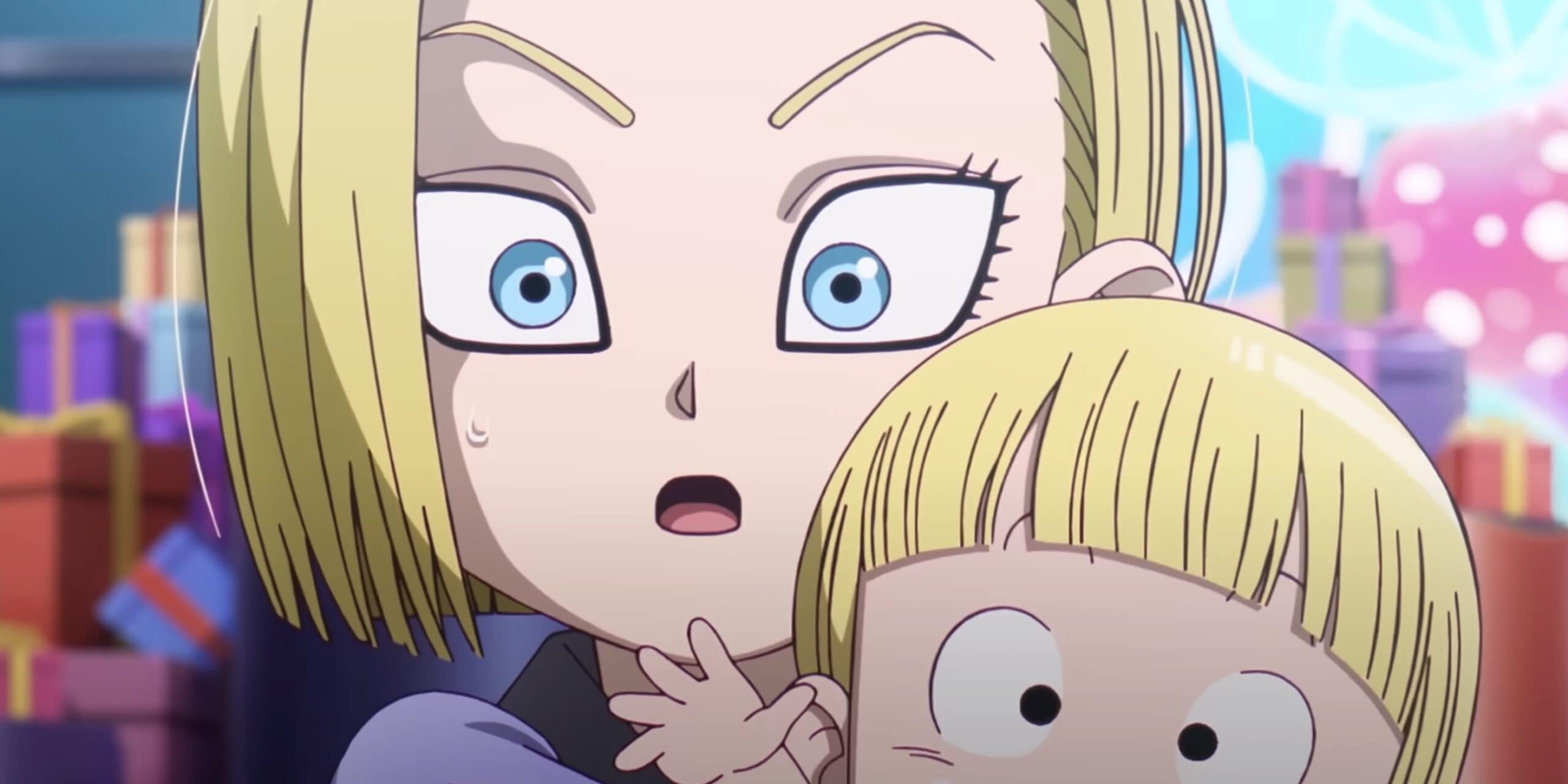
Regardless of his ruthless nature on the battlefield, Vegeta’s fierce protectiveness over Bulma is unmistakable. Woe betide any who dare to threaten her safety, as Vegeta’s wrath knows no bounds when it comes to safeguarding his loved ones.
Similarly, Piccolo, often perceived as aloof and detached, harbors a deep and abiding bond with Gohan, the son of his former nemesis Goku.
Regardless of his initial reluctance to embrace his paternal instincts, Piccolo’s protective instincts towards Gohan are undeniable. He willingly places himself in harm’s way to shield Gohan from danger, demonstrating a selflessness that belies his gruff exterior.
While Vegeta and Piccolo may exude an aura of mercilessness on the battlefield, their interactions with their families reveal a softer, more compassionate side to their characters. In these moments, they transcend their roles as fearsome warriors, embodying the qualities of true heroes who are willing to sacrifice everything for the ones they hold dear.
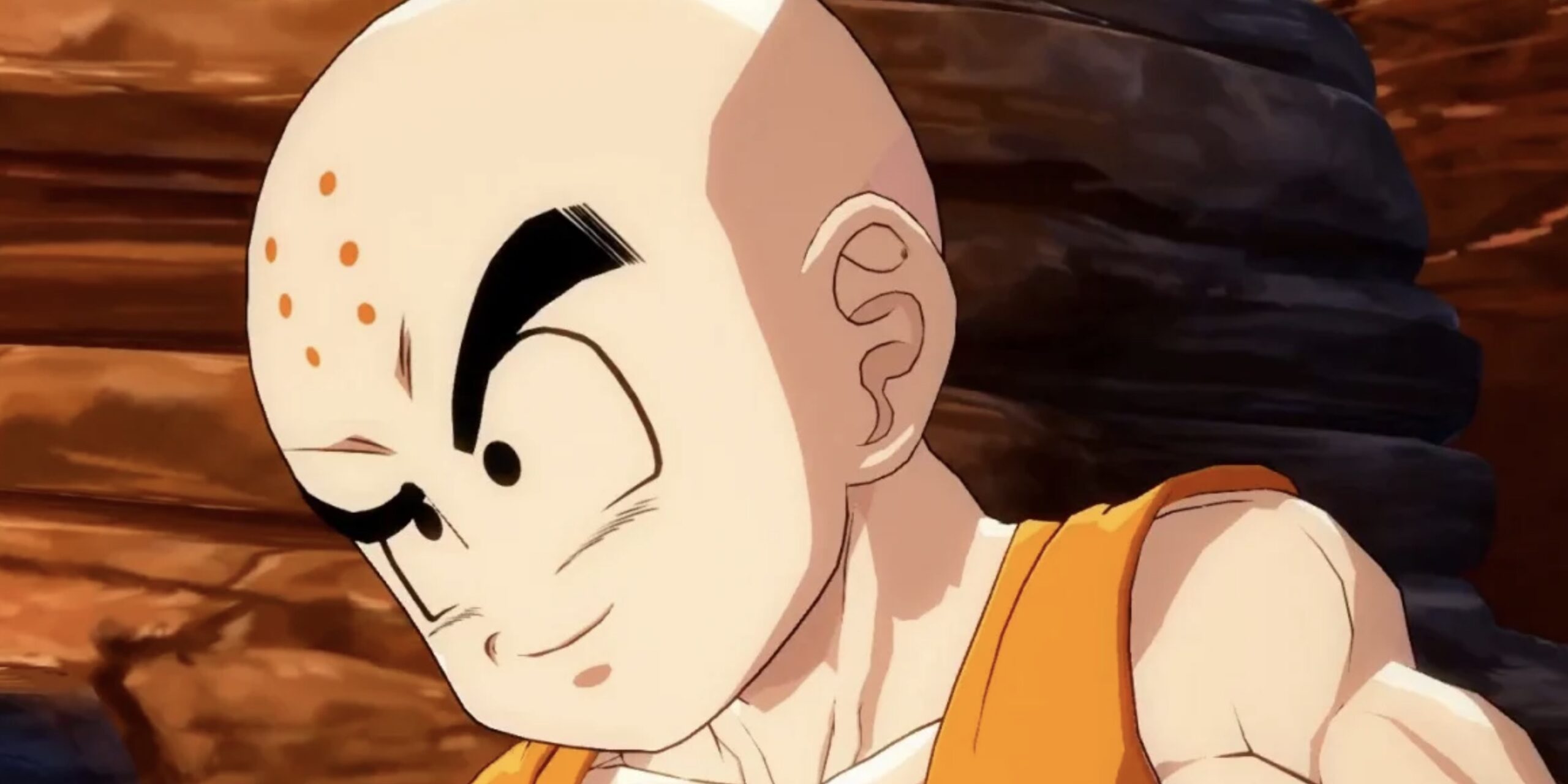
In Dragon Ball, strength is not solely measured by physical prowess, but also by the depth of one’s love and loyalty towards their family.
Through characters like Vegeta and Piccolo, the series underscores the enduring power of familial bonds, reminding us that even the mightiest warriors are not immune to the pull of love and compassion.
6. True strength arises from defending and cherishing life.
The poignant words spoken by Android 16 to Gohan during the Cell Saga encapsulate a profound truth about Gohan’s character: his aversion to conflict and his deep-seated love for life.
From his earliest appearances in Dragon Ball Z, Gohan’s gentle nature and reluctance to engage in combat set him apart from the typical warrior archetype.
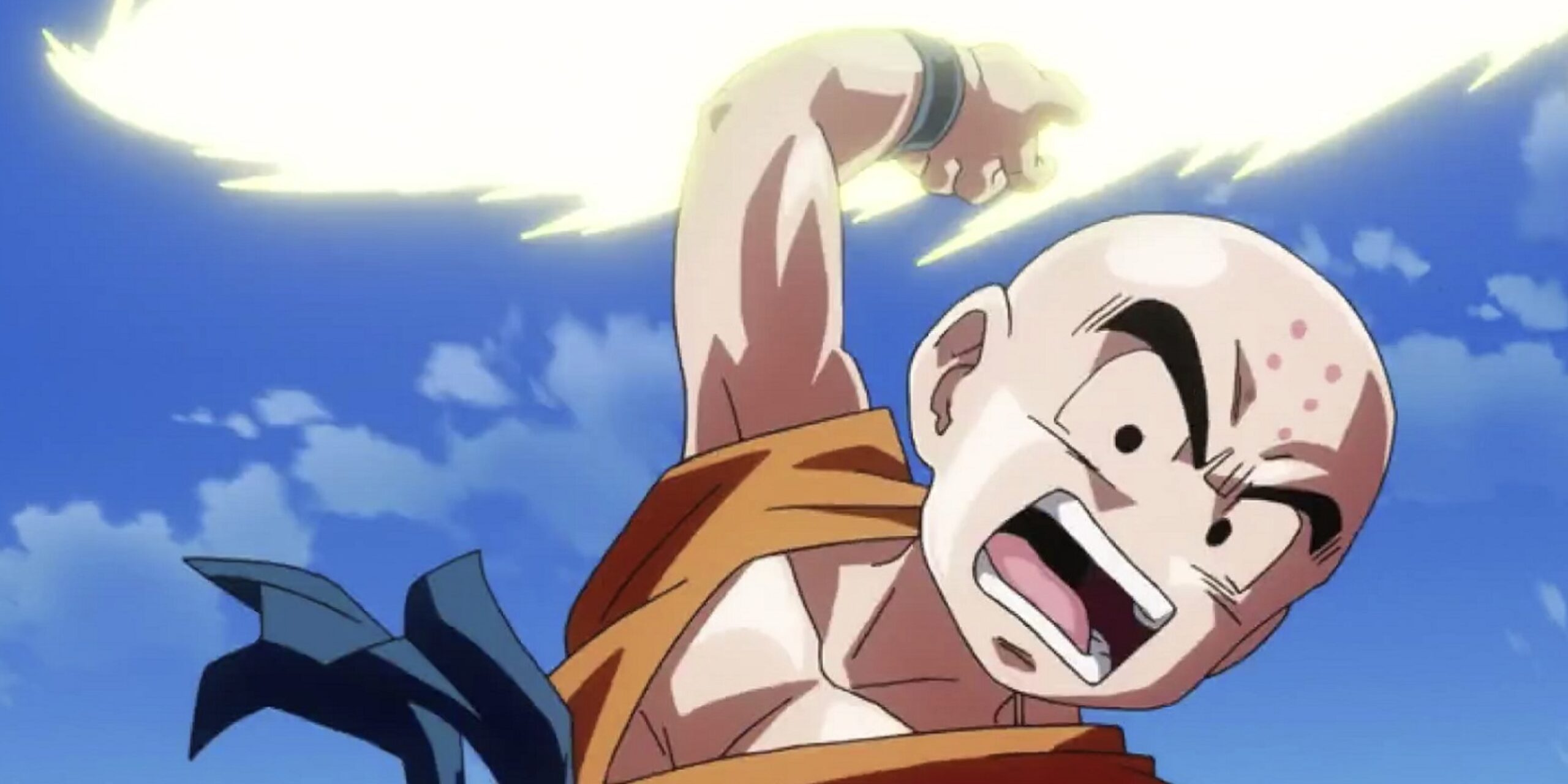
Despite possessing immense potential as a fighter, Gohan’s inherent distaste for violence often prevented him from fully tapping into his abilities.
Instead, he found himself thrust into perilous situations, forced to confront the harsh realities of battle. These traumatic experiences left an indelible mark on Gohan, stunting his growth and perpetuating his cycle of reluctance towards fighting.
It wasn’t until the Cell Saga, with the fate of the world hanging in the balance, that Gohan was forced to confront his inner turmoil and take a stand. Android 16’s impassioned plea resonated deeply with Gohan, serving as a catalyst for his transformation.
Though Gohan had never met 16 personally, the android’s unwavering commitment to protecting life struck a chord within him, reminding him of the inherent value of all living beings.
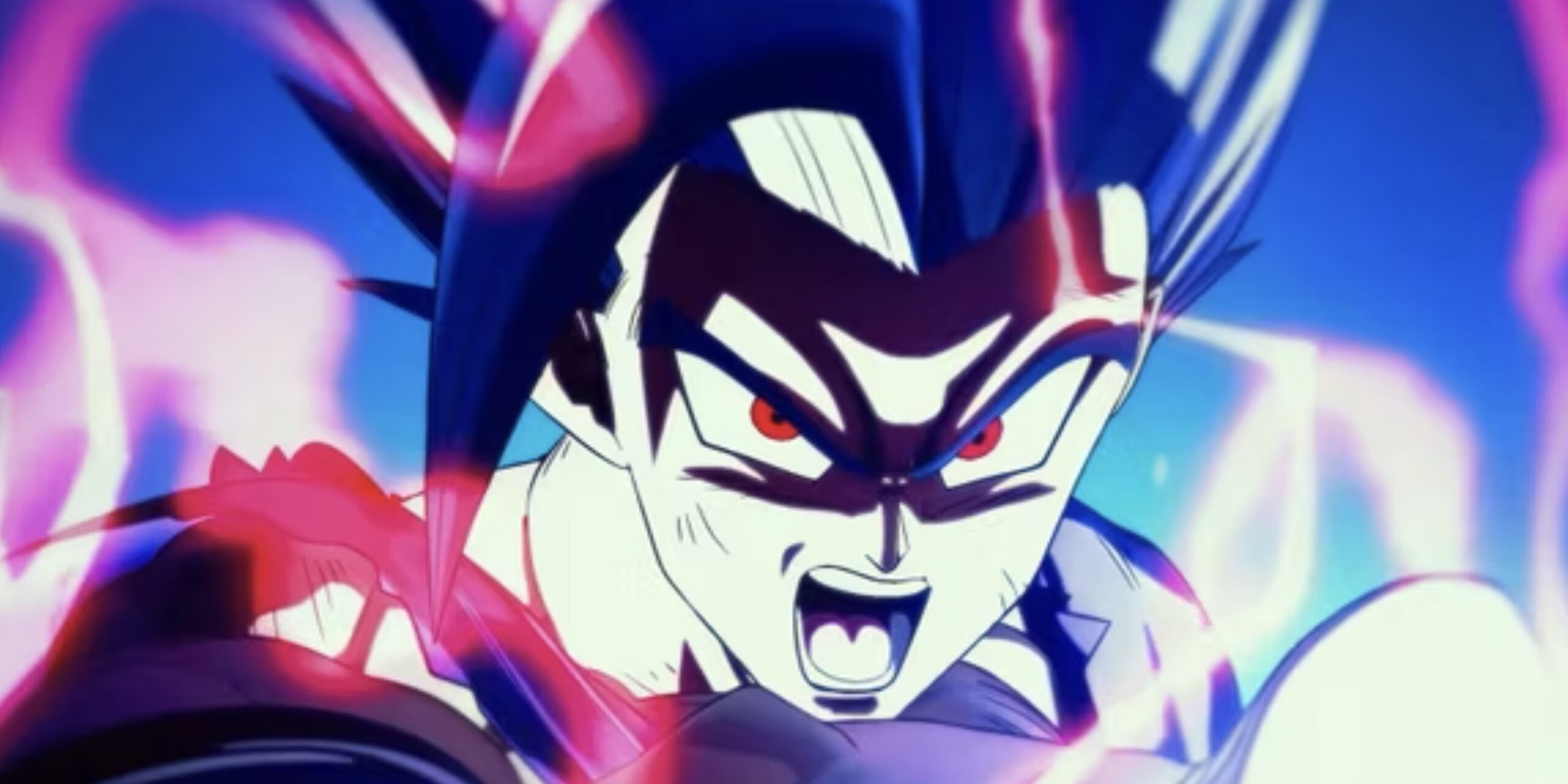
In that pivotal moment, Gohan realized that some principles are worth fighting for, even if it means stepping outside of his comfort zone.
Android 16’s words ignited a spark within Gohan, empowering him to embrace his role as a defender of humanity and to confront the looming threat of Cell with newfound determination and resolve.
Thus, the Cell Saga marked a turning point in Gohan’s journey, as he transitioned from a reluctant warrior to a courageous protector, driven by his unwavering commitment to safeguarding the lives of others.
Through Android 16’s profound message, Gohan learned that true strength lies not in the ability to destroy, but in the willingness to defend and cherish life at all costs.
7. Rivalries fuel growth and mastery.
Goku’s journey throughout the Dragon Ball series has been punctuated by a series of intense rivalries, each serving as a catalyst for his growth as a fighter. While his rivalry with Vegeta is perhaps the most iconic and enduring, Goku has found himself locked in fierce competition with a diverse array of adversaries and allies alike.
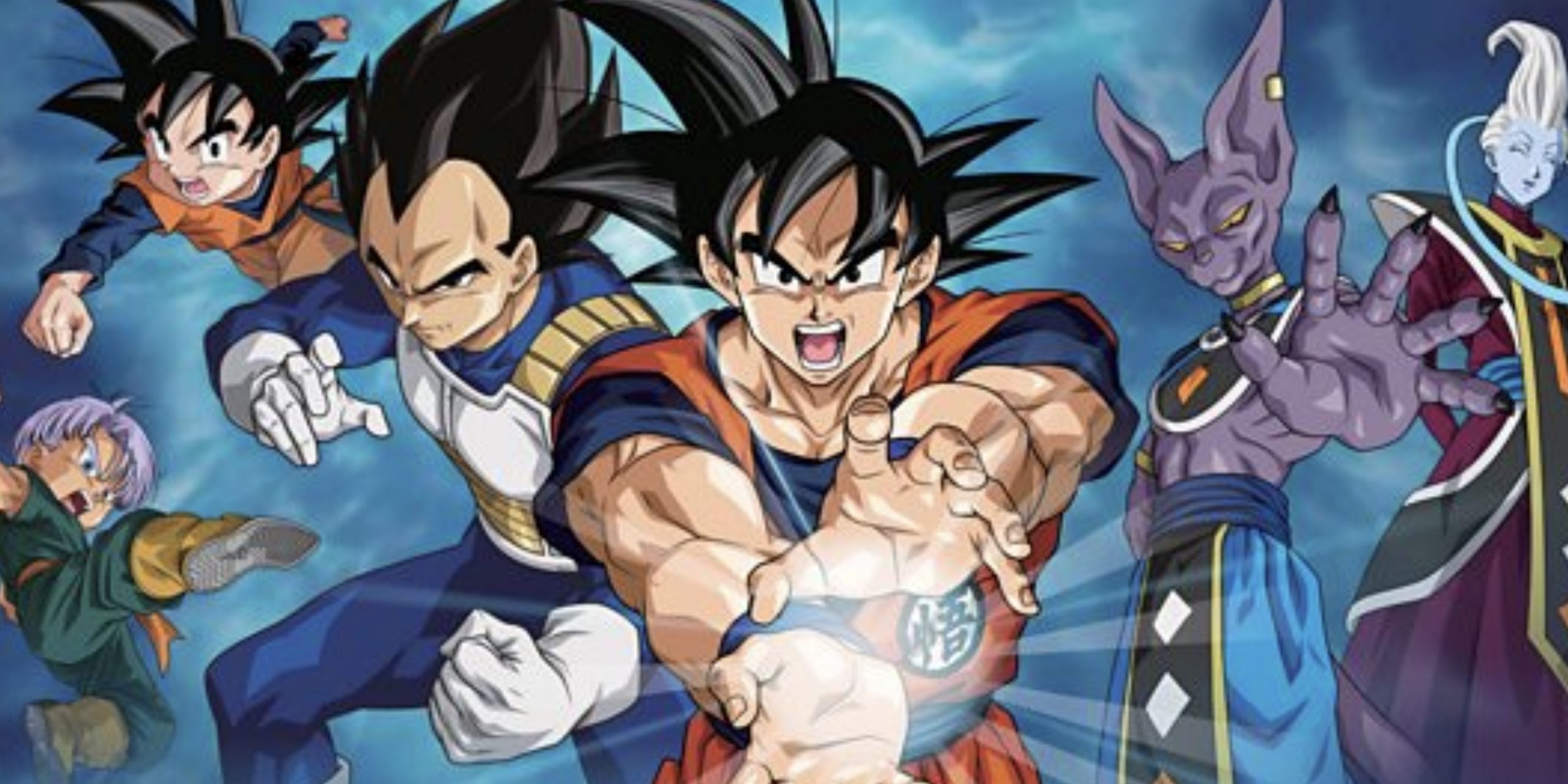
Krillin, Goku’s closest friend and companion, initially started out as his rival in the series. Their friendly rivalry, rooted in mutual respect and camaraderie, fueled both fighters to push themselves to new heights, driving each other to excel in their training and battles.
Similarly, Tien, another formidable warrior and former adversary of Goku, played a pivotal role in shaping Goku’s journey. Their rivalry, born out of their encounters in martial arts tournaments and conflicts, pushed Goku to hone his skills and adapt to new challenges.
Even in the most recent arcs of Dragon Ball Super, Goku’s rivalry with Frieza takes center stage. Frieza’s admission that he trained to unlock his Black Frieza form solely to surpass Goku and Vegeta underscores the enduring influence of rivalry on Goku’s journey.
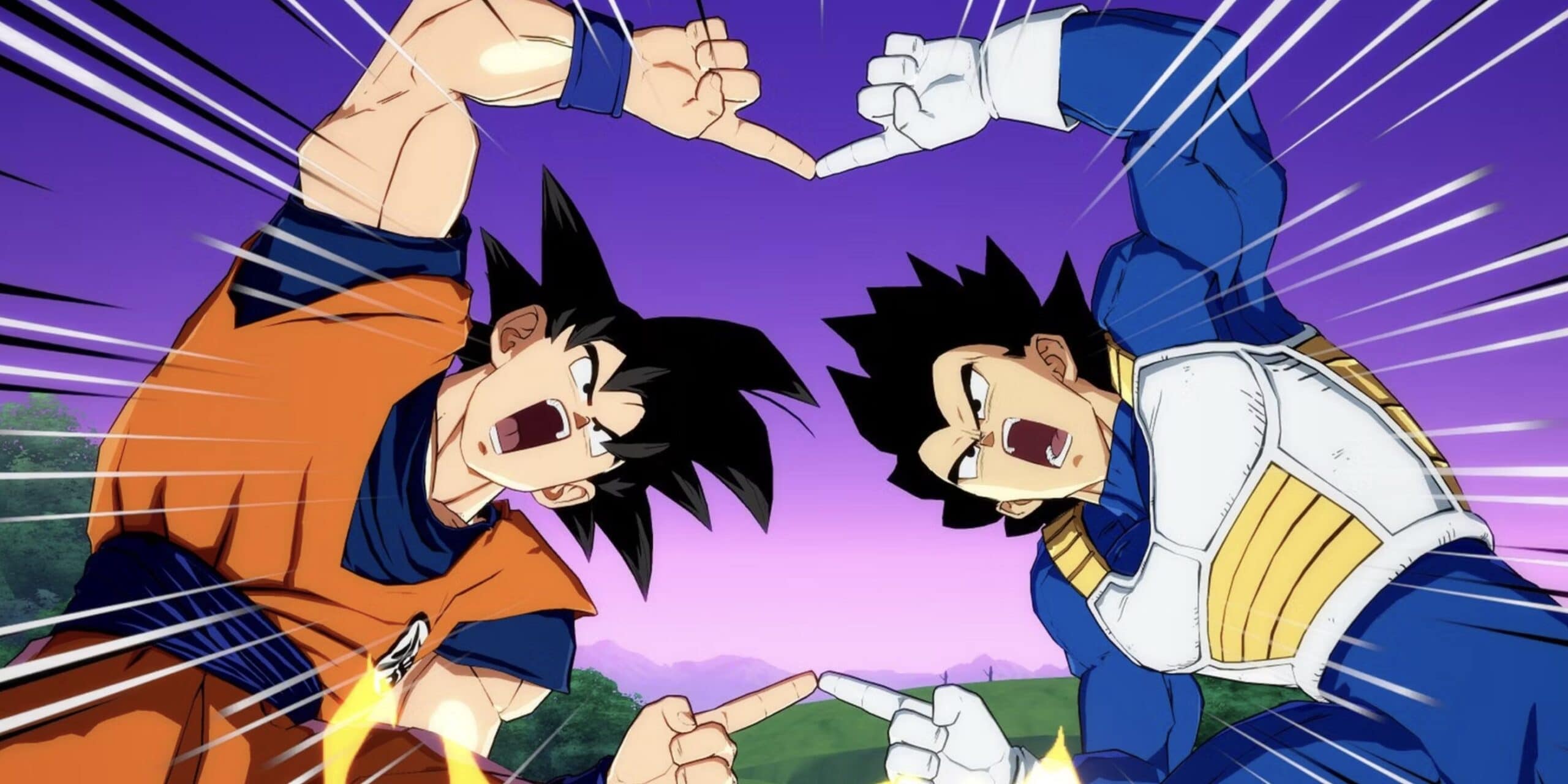
While Frieza’s ambitions may spell trouble for the Z Fighters, Goku thrives on the challenge presented by a formidable adversary.
Indeed, Goku’s penchant for rivalry is a defining aspect of his character, driving him to continually push his limits and strive for greater heights.
For Goku, the thrill of competition serves as a powerful motivator, inspiring him to evolve as a fighter and embrace the challenges that lie ahead.
As long as there are rivals to test his strength, Goku’s journey will continue to be fueled by the fires of competition, propelling him ever forward on the path of martial arts mastery.
8. True strength comes from one’s choices and values, not race.
In Dragon Ball, the concept of race extends beyond mere biology, going into themes of identity, heritage, and the power of individual character. While characters like Goku and Vegeta may belong to the Saiyan race by birth, their true strength lies not in their lineage, but in the choices they make and the values they uphold.
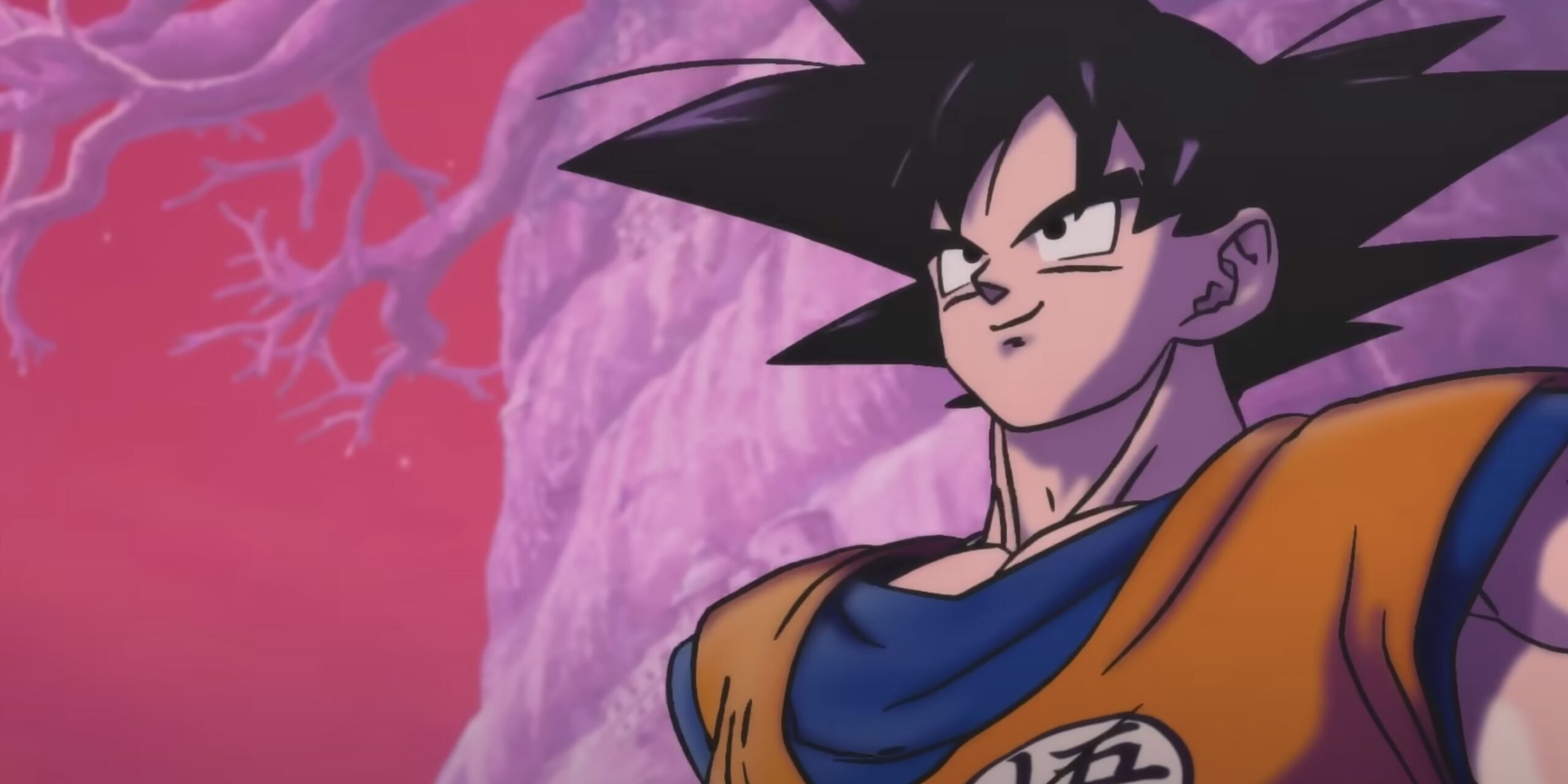
Goku, despite being a Saiyan by blood, was raised with Earthling values by his adoptive grandfather, Gohan. His upbringing instilled in him a deep sense of compassion and kindness, traits that set him apart from the destructive tendencies of his Saiyan brethren.
For Goku, it was never about the circumstances of his birth, but rather the content of his character that defined him as a person.
The Frieza Saga serves as a pivotal moment in Goku’s journey, highlighting the complex interplay between heritage and personal identity.
When Frieza, a notorious bigot, dismisses the Saiyan race as inferior, Goku’s response is not to deny his ancestry but to embrace it. By tapping into his Saiyan heritage and unlocking the power of the Super Saiyan, Goku transcends the limitations imposed by others, proving that one’s heritage can be a source of strength rather than a burden.
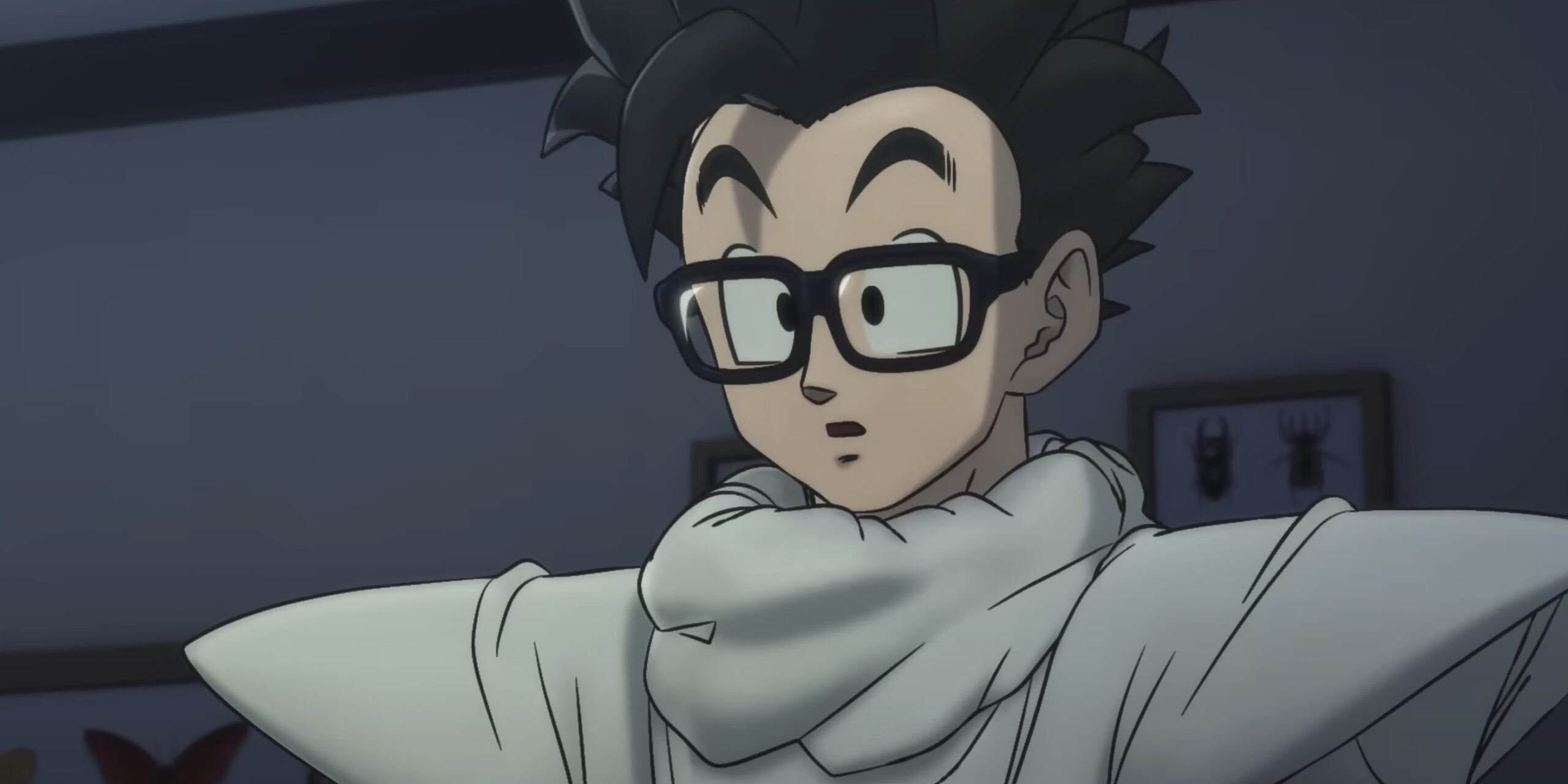
This message resonates beyond the fiction, reflecting a universal truth about the power of self-acceptance and embracing one’s identity.
In Dragon Ball, as in life, true strength comes not from the circumstances of one’s birth, but from the choices they make and the values they uphold. By embracing his Saiyan heritage while staying true to his Earthling upbringing, Goku exemplifies the idea that identity is not determined by race or lineage, but by the content of one’s character.
9. Never Judge a Book By its Cover
Throughout the Dragon Ball series, characters like Goku and Gohan continually defy expectations, proving that appearances can be deceiving when it comes to strength and power.
In the early days of Dragon Ball, Goku’s youthful appearance often led adversaries to underestimate him, only to be swiftly defeated by his incredible prowess in combat.

Similarly, Gohan faced similar underestimation in Dragon Ball Z, as villains failed to recognize the full extent of his latent potential, much to their detriment.
A prime example of this subversion of expectations is Frieza, whose final form deliberately portrays him as smaller and less imposing than his previous iterations. Akira Toriyama’s intention behind this design choice was to challenge conventional notions of strength and appearance, highlighting the idea that true power transcends physical stature.
Time and time again, Goku and Gohan have taught their adversaries a valuable lesson: never judge a warrior by their appearance alone. With their spiky hair and indomitable spirit, these young heroes have proven that size and age are not indicative of strength.
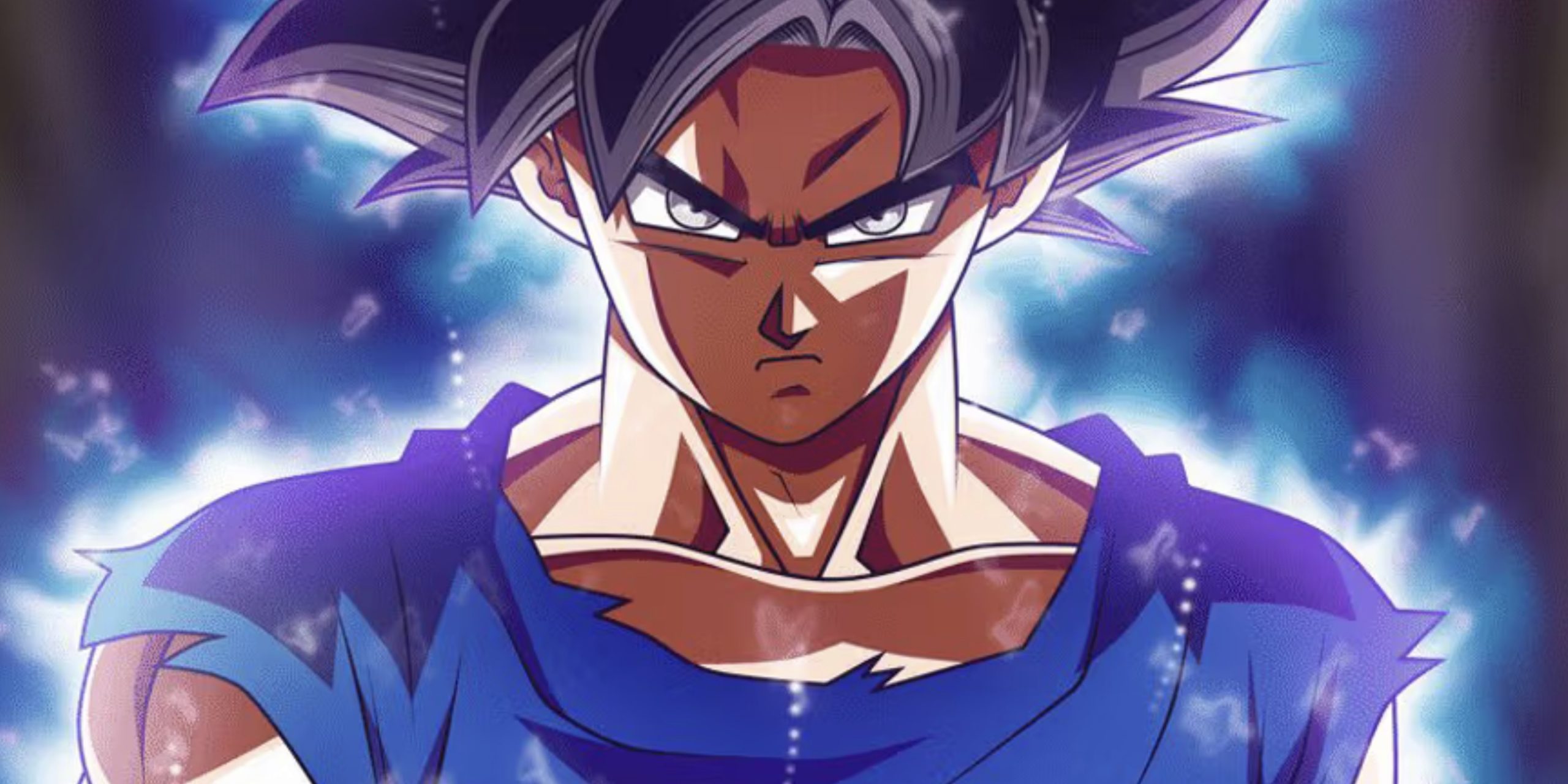
Villains would do well to heed this advice, lest they find themselves on the receiving end of a devastating blow from these seemingly unassuming fighters.
In Dragon Ball, where battles are won through skill, determination, and heart, underestimating a warrior based on their outward appearance is a grave mistake. Goku, Gohan, and their ilk serve as living embodiments of this truth, inspiring awe and respect in their allies and striking fear into the hearts of their adversaries.
As they continue to defy expectations and surpass their own limits, they remind us that true strength comes from within, regardless of how one may appear on the surface.
10. Personal growth empowers us to shape our future despite the past.
The journey of Future Trunks through time in Dragon Ball teaches a profound lesson about the nature of change and personal growth.
Regardless of his efforts to alter the course of history by warning Goku of the impending Android threat, Trunks comes to understand that the past cannot be changed; it can only influence the present.
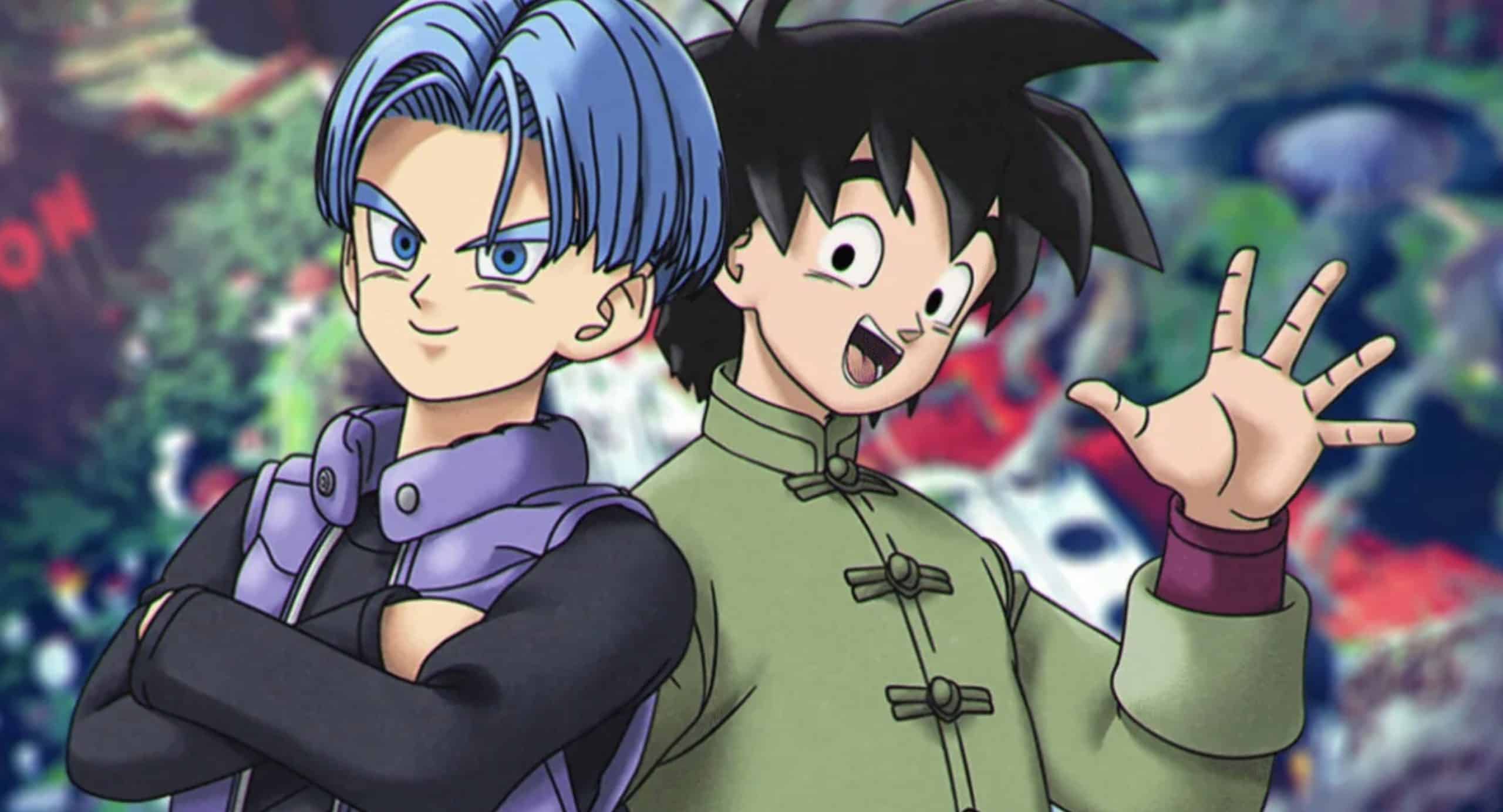
Trunks’ actions in the past may have altered the timeline of Goku’s world, but they have no impact on his own future timeline. This realization underscores the immutable nature of time and the futility of attempting to rewrite one’s past. However, this does not diminish the significance of Trunks’ journey.
It is Trunks’ personal growth and strength gained through training with his father that empower him to confront the Androids and create a better future for himself.
While his journey to the past may not have directly altered his own timeline, it served as a catalyst for positive change in both Goku’s world and his own.
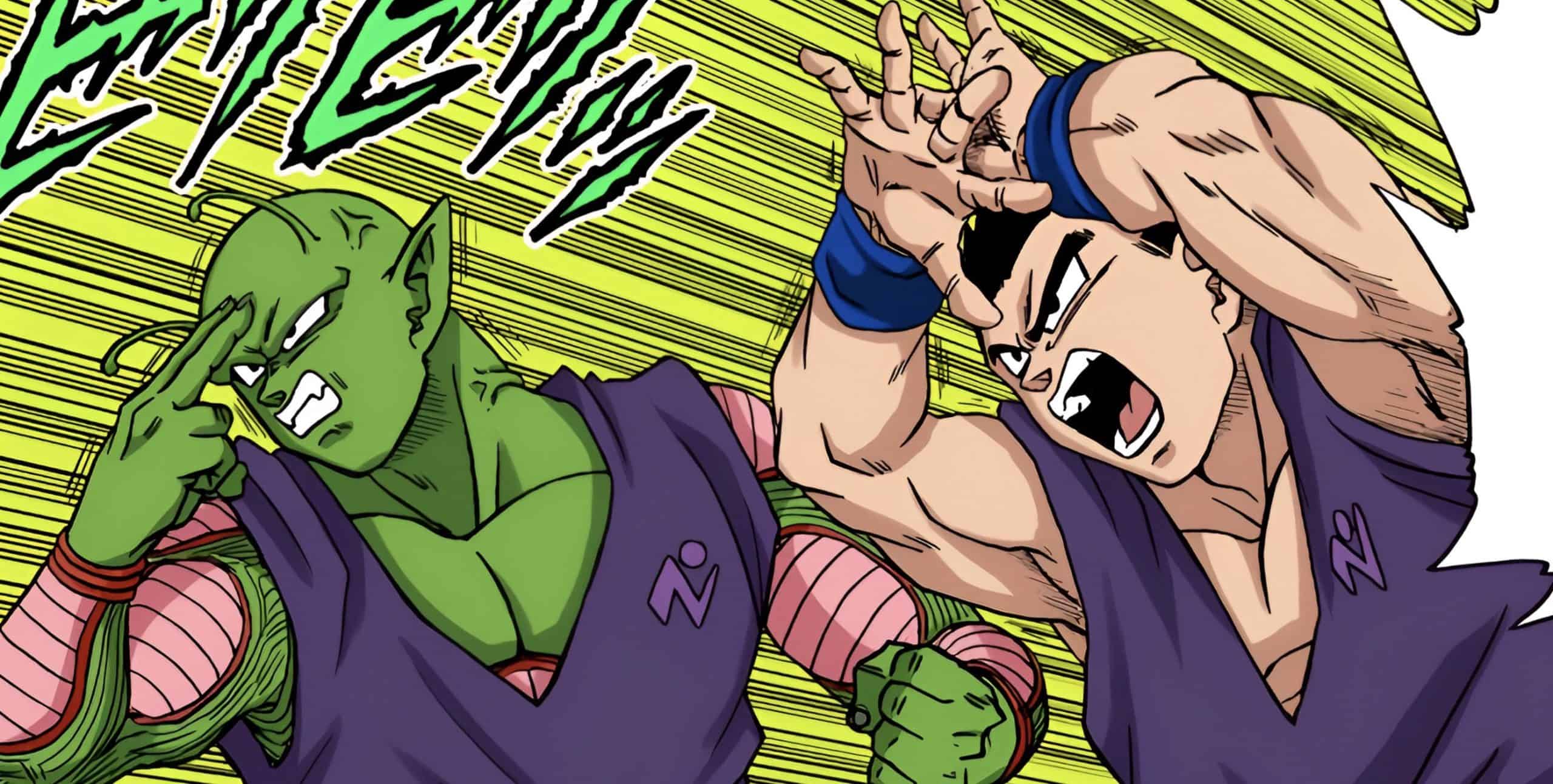
In this way, Trunks’ actions transcend the confines of time, enabling him to save not just one, but two worlds from the clutches of despair. His story serves as a testament to the power of resilience, determination, and the ability to find hope in even the darkest of circumstances.
Through Trunks’ journey, Dragon Ball reminds us that while we cannot change our past, we have the power to shape our present and future through our actions and choices.
It is through personal growth and unwavering resolve that we can overcome adversity and create a better world for ourselves and those around us.

